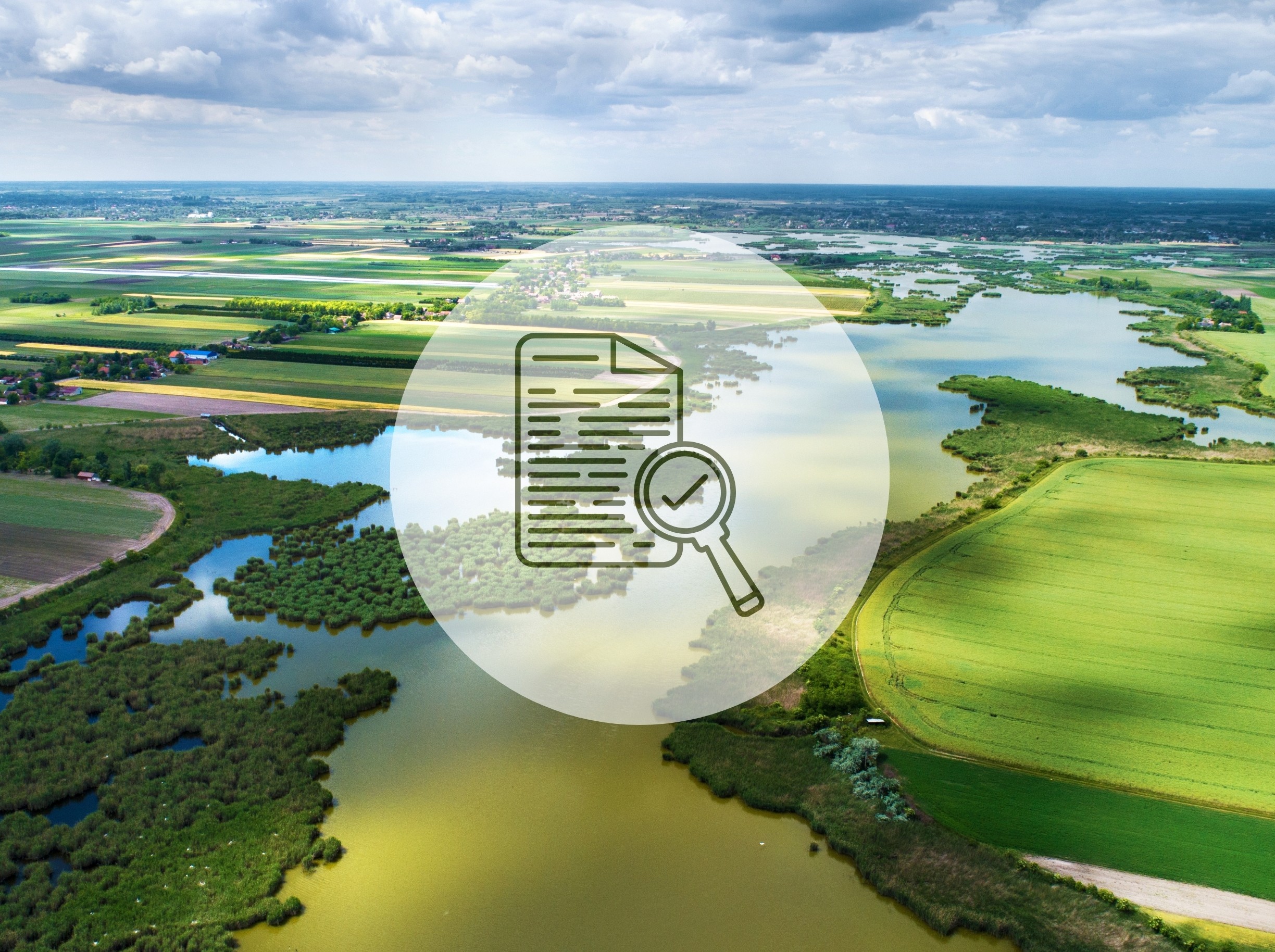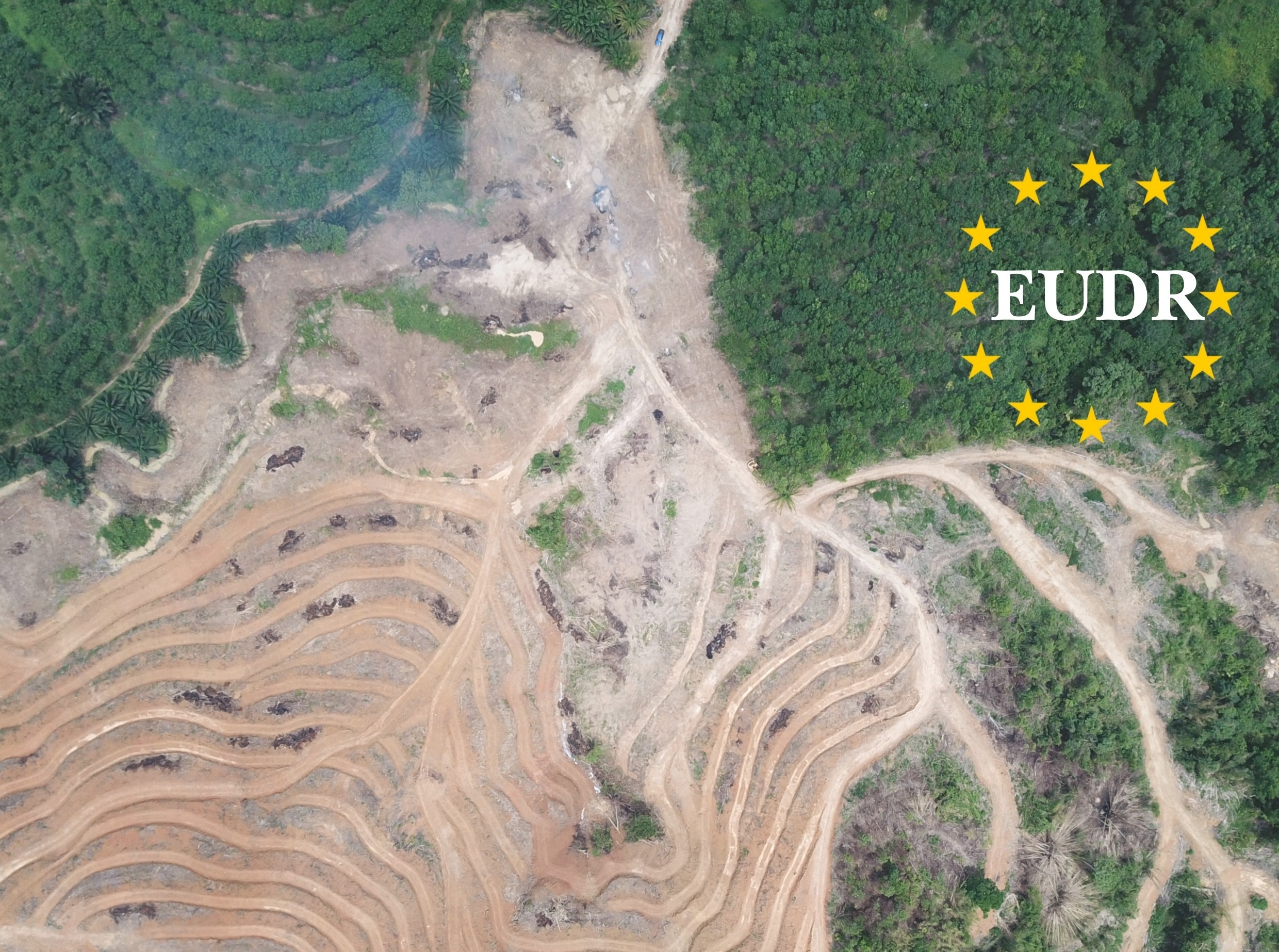)
SFDR Regulation
)
The Sustainable Finance Disclosure Regulation (SFDR) has fundamentally transformed global investment practices, establishing comprehensive transparency standards that extend far beyond European borders. This groundbreaking regulation mandates that financial market participants provide standardized disclosures about sustainability integration, creating unprecedented visibility into environmental, social, and governance factors across investment processes. SFDR's extraterritorial reach affects financial institutions accessing European markets, making compliance essential for maintaining competitive positioning in sustainable finance. The regulation's systematic approach to preventing greenwashing whilst promoting genuine sustainable investment has positioned it as the de facto international standard, influencing regulatory frameworks worldwide and driving substantial capital flows toward sustainability-focused products.
Understanding SFDR Classification Framework and Compliance Requirements
SFDR establishes a comprehensive three-tier classification system that has become the global benchmark for categorising financial products based on their sustainability characteristics. This framework creates clear distinctions between different levels of sustainability integration, enabling investors to make informed decisions whilst ensuring transparency across investment offerings. |
|
Article 6, 8, and 9 Product Classifications
The SFDR classification system divides financial products into three distinct categories, each with specific disclosure obligations and sustainability requirements.
Article 6 products represent the baseline category, encompassing investments that integrate sustainability risks into decision-making processes without specifically promoting environmental or social characteristics. These products must disclose how sustainability risks are considered and their potential impact on returns, ensuring transparency even for traditional investment approaches.
Article 8 products, commonly termed "light green" investments, actively promote environmental or social characteristics whilst maintaining broader financial objectives. These sustainable products must demonstrate how characteristics are promoted through investment selection, monitoring, and engagement processes.
Article 9 products represent the most stringent category, encompassing investments with sustainable investment as their primary objective, requiring demonstration of contribution to specific environmental or social goals whilst ensuring compliance with "do no significant harm" principles.
Entity-Level Disclosure Obligations
SFDR mandates comprehensive entity-level disclosures that create transparency around institutional sustainability practices. Financial market participants with over 500 employees must publish detailed sustainability risk policies, principal adverse impact statements, and remuneration policy alignments on their websites. These requirements establish accountability frameworks that extend beyond individual products to encompass entire organisational approaches to sustainability integration.
The regulation requires periodic reporting on adverse impacts, creating ongoing transparency about how investment decisions affect environmental and social outcomes. This systematic approach to disclosure enables stakeholders to assess institutional commitment to sustainability whilst driving improvements in corporate governance practices across the financial services sector.

Data Management and Technology Solutions for SFDR Compliance
Effective SFDR implementation requires sophisticated data management capabilities and advanced technology solutions to address the complex requirements of sustainability disclosure. The regulation's comprehensive scope creates substantial data collection challenges, particularly regarding principal adverse impact indicators that span environmental, social, and governance factors across global investment portfolios.
ESG data quality and availability represent critical challenges for financial institutions implementing SFDR requirements. Research indicates that only 3% of companies globally report more than 70% of required PAI indicators, highlighting significant gaps in corporate sustainability reporting. This data scarcity has driven innovation in sustainability analytics, spurring development of advanced estimation methodologies and alternative data sources.
Technology platforms specifically designed for SFDR compliance have emerged as essential tools for managing regulatory requirements efficiently. These solutions integrate multiple aspects of compliance, including automated data collection, standardised calculation engines, and regulatory technical standards templates. Advanced platforms incorporate artificial intelligence and machine learning approaches to address data gaps whilst maintaining accuracy and reliability in sustainability reporting.
Iceberg Data Lab's robust databases and scientific methodologies provide comprehensive data solutions that address these compliance challenges. Our global capabilities enable financial institutions to access reliable sustainability information across international markets, supporting effective implementation of SFDR requirements through advanced analytics and validated data sources. See our solutions.
Market Impact and Strategic Implementation for Financial Institutions
SFDR has demonstrably influenced global capital allocation patterns, with substantial flows directed toward sustainability-focused investment products. Market data indicates funds covered by SFDR reached approximately €13 trillion in assets under management, with Article 8 funds experiencing 28% year-over-year growth. These figures underscore the regulation's success in channeling capital toward sustainable investments.
Financial institutions accessing European markets must navigate SFDR requirements strategically to maintain competitive positioning. Early compliance creates advantages in product development and client engagement, whilst establishing credibility in sustainable finance markets. The regulation's influence extends beyond direct compliance, shaping industry standards and investor expectations globally, making SFDR alignment essential for international competitiveness in sustainable finance.
Related articles
You might be interested in these articles
Get in touch!
Want to know more? Fill out the form or reach us directly via email at contact@icebergdatalab.com.
75009 Paris
EC2Y 9DT London
60327 Frankfurt am Main, Frankfurt
Beverly, MA 01915






)
)
)
)
)









